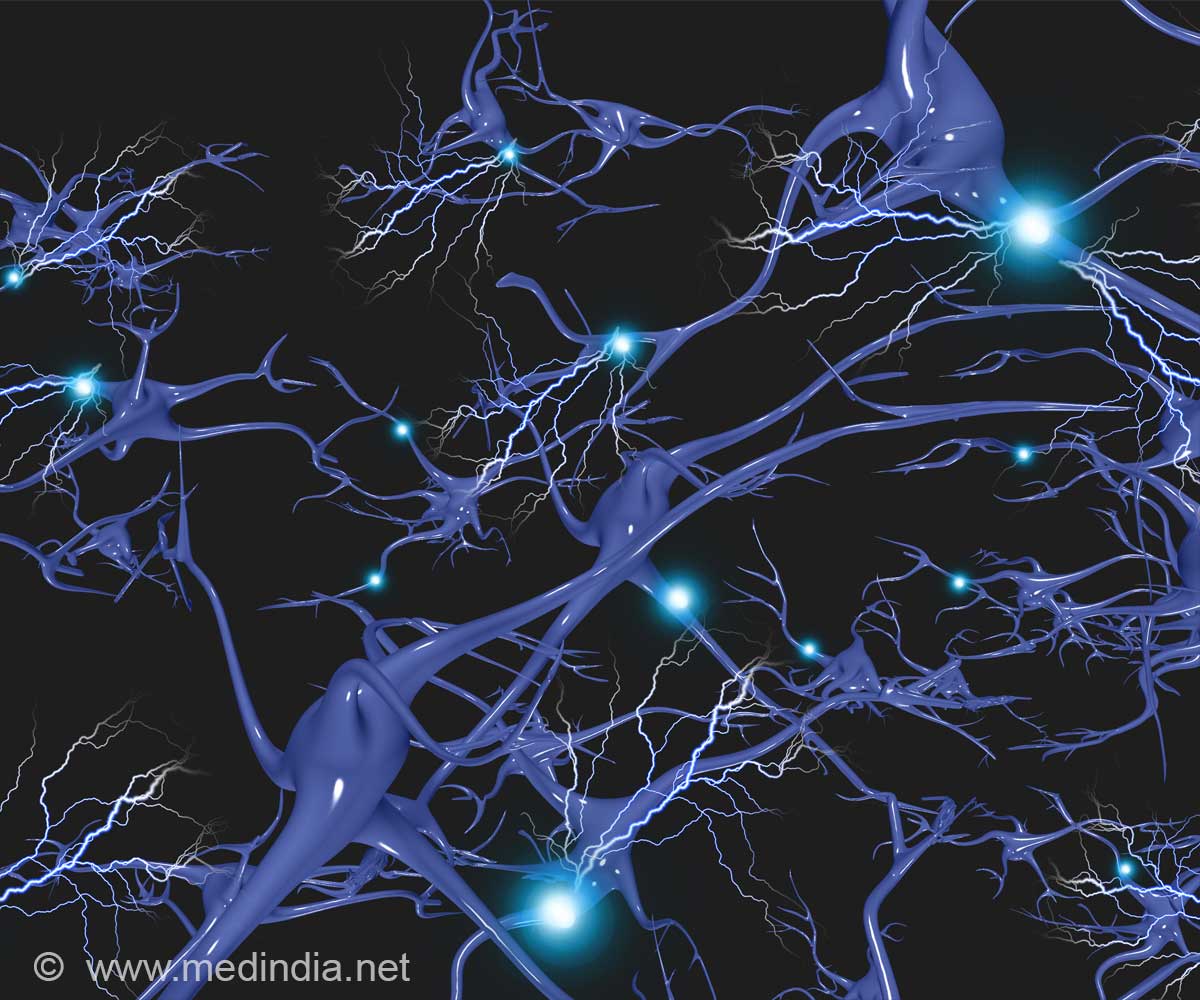How does estrogen affect your brain? Estrogen isn't just a hormone; it acts in milliseconds to regulate brain activity through surprising new mechanisms!

- Estrogen can stimulate neurons in milliseconds via interactions with the Clic1 ion channel
- Estrogen’s rapid effect on neurons is not limited to its traditional role in gene transcription
- The findings could open new pathways for studying estrogen’s impact on both female and male physiology
What Does Estrogen Have to Do with Brain Signals?
Estrogen isn’t just about managing menstrual cycles or reproductive health; it’s actually a master multitasker. This hormone regulates mood, cognition, and even how your brain reacts to stress. But here’s where things get interesting: estrogen can spark neural responses in mere milliseconds."Estrogen can regulate a wide range of physiological processes in the brain, including female fertility, sexual behavior, mood, reward, stress response, cognition, cardiovascular activity, and body weight balance." Many of these actions are mediated by estrogen binding to one of its receptors, ER-alpha," said co-corresponding author Dr. Yong Xu, a pediatric nutrition professor and associate director for basic sciences at Baylor's USDA/ARS Children's Nutrition Research Center.
Link Between Estrigen and is Clic1
Researchers at Baylor College of Medicine, Louisiana State University, and other institutions determined that estrogen's rapid activities are mediated by the estrogen receptor-alpha (ER-alpha) interacting with an ion channel protein known as Clic1.Clic1 regulates the rapid movement of electrically charged chloride ions across the cell membrane, which neurons employ to receive, conduct, and transmit impulses. The researchers hypothesize that associating with the ER-alpha-Clic1 complex allows estrogen to cause rapid neural responses via Clic1 ion currents. The work was published in Science Advances (1✔ ✔Trusted Source
How estrogen's millisecond-fast action happens
Go to source).
How Estrogen Affects Neurons in Milliseconds
So, when researchers noticed estrogen causing neurons to fire almost instantly, they knew something different was at play. The idea that estrogen could make neurons respond in milliseconds puzzled scientists. Traditional hormone activity is like writing a book: slow, deliberate, and complex. But this new discovery shows estrogen has a second mode- one that’s all about speed.By interacting with Clic1, estrogen can affect neuron firing in record time. Imagine sending a message and getting a reply in the time it takes to blink.
It is generally known that when stimulated by estrogen, ER-alpha reaches the cell nucleus and regulates gene transcription. The conventional mode of action as a nuclear receptor takes minutes to hours.
"Estrogen also can change the firing activity of neurons in a manner of milliseconds, but it was not clear how this happens," Xu told reporters. "In this scenario, it didn't make sense to us that the minutes-long nuclear receptor activity of ER-alpha was implicated in such a quick response. We investigated whether ion channels, proteins in the cell membrane that govern the fast flux of ions, facilitated estrogen's rapid activities."
The current study, which used cell lines and animal models, looked for cell membrane proteins that interact with ER-alpha. They discovered that protein Clic1, or chloride intracellular channel protein-1, can physically interact with ER-alpha. Clic1 has been linked to the regulation of neuronal excitability, therefore the researchers deemed it a possibility for mediating estrogen-induced rapid actions.
"We discovered that estrogen enhances Clic1-mediated ion currents, and eliminating estrogen reduced such currents," Xu told me. "In addition, Clic1 currents are essential for estrogen to cause fast responses in neurons. Furthermore, altering the Clic1 gene in animal models impaired estrogen control of female body weight balance."
The findings suggest that other nuclear receptors may interact with ion channels, which the researchers hope to investigate further.
Does Estrogen Affect Neuron Functioning in Men?
"This investigation was conducted on female mice. However, Clic1 is also found in men. "We are interested in investigating its role in male physiology," Xu stated.Chloride channels are less thoroughly explored than potassium, sodium, and calcium channels. "We are among the first to study the role Clic1 plays in female physiology," according to Xu. "We hope that our findings will inspire other groups in the field to expand these promising investigations."
Reference:
- How estrogen's millisecond-fast action happens - (https://www.bcm.edu/news/how-estrogens-millisecond-fast-action-happens)
Source-Medindia









